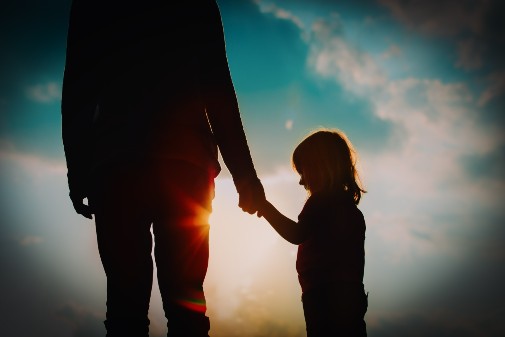Attitudes to being an adult are shifting as traditional milestones become out of reach, new study finds
Posted on 27 March 2024
 Common adult milestones are increasingly delayed or forgone for many young adults today
Common adult milestones are increasingly delayed or forgone for many young adults today
According to the study, people aged 18-30 have the most negative attitudes towards adulthood, which could be due to them spending their early adult years struggling to “get ahead” amid the challenges of a pandemic and cost of living crisis.
As part of the study, researchers from the University of York, used an online survey to ask more than 700 UK adults aged 18-77 years what it meant to be grown up.
The findings, published in the Journal of Adult Development, found that most participants felt adult and had positive attitudes towards adulthood, but those aged 18-30 were most likely to see the downside of growing up.
Pandemic
The researchers say coping with a global pandemic and the cost of living crisis could have impacted young people’s ability to achieve traditional milestones of adulthood, such as marriage, parenthood, and career.
As part of the study, researchers posed a series of questions such as do we become adults when we reach a certain age such as 18 or 21? Or does adulthood happen when we reach a milestone like getting a full-time job, paying for our own living expenses, or getting married and having children?
Traditionally, adulthood has been inferred from the age of majority and the attainment of socio-demographic milestones.
Marriage
However, these milestones are increasingly delayed or forgone altogether for many young adults today - for example, the average age of first marriage for women in the UK has risen from 25 to 35 years between 1970 and 2019.
The study showed that adults define adulthood using psychological characteristics such as “accepting responsibility for the consequences of my actions” (endorsed by 80% of the sample), rather than by socio-demographic milestones (endorsed by only 22-40% of participants.)
That said, subjective adult status – the extent to which people feel like adults – was predicted by marriage and parenthood, even when they were not endorsed as defining characteristics of adulthood.
Positive attitude
Having a positive attitude towards adulthood was the strongest psychological predictor of subjective adult status, accounting for 10% of the variance in responses. The researchers suggest that fostering positive attitudes towards adulthood may help improve the well-being of contemporary adults.
Lead author, Dr Megan Wright, from the University of York’s Department of Education, said: “This study shows that adulthood is subjective, feeling like an adult is more than your age and the milestones you've reached, and there is more than one way to become a grown-up.
“We conclude that there is a chasm between people’s explicit understanding of adulthood and their implicit, subjective experience of feeling adult: the factors which influence subjective adult status are not necessarily the ones considered to define adulthood.
“Although we didn't actually test the impact of the pandemic or cost of living crisis, we believe these events probably impacted young people's ability to attain and afford the traditional 'adult' milestones of marriage, parenthood, and career, causing an even larger disparity between the expectations and reality of adulthood.
“Fostering positive attitudes towards adulthood in young people is likely to improve subjective adult status, resulting in a greater sense of belonging in adulthood and increased subjective well-being.”
Explore more news

Researchers use robotics to find potential new antibiotic among hundreds of metal complexes
Tuesday 23 December 2025

Text messages could be key to helping TB patients quit smoking, according to study
Monday 22 December 2025

Teenage niece may have shaped Jane Austen’s Persuasion, new study suggests
Monday 22 December 2025

Project to examine how AI is changing the way science is done
Wednesday 17 December 2025

Researcher leads global push to cut tobacco harms in people with mental ill health
Monday 15 December 2025
Media enquiries
About this research
Researchers from the University of York used an online survey to ask more than 700 UK adults aged 18-77 years what it meant to be grown up. The findings, published in the Journal of Adult Development, found that most participants felt adult and had positive attitudes towards adulthood, but those aged 18-30 were most likely to see the downside of growing up.
